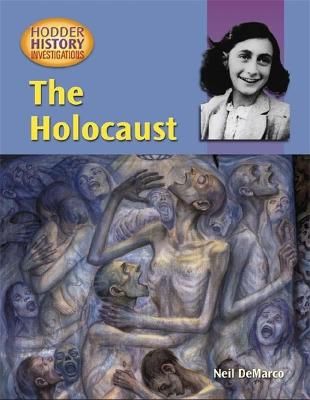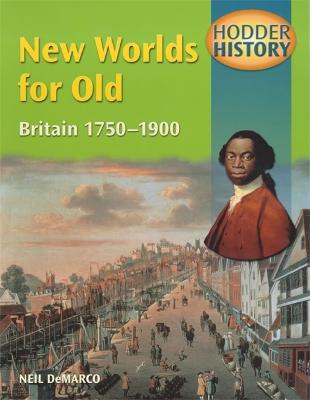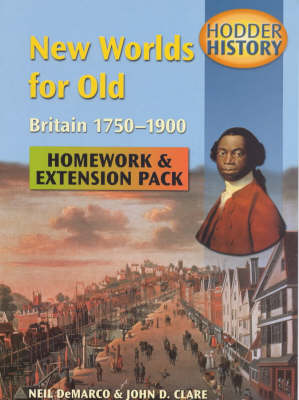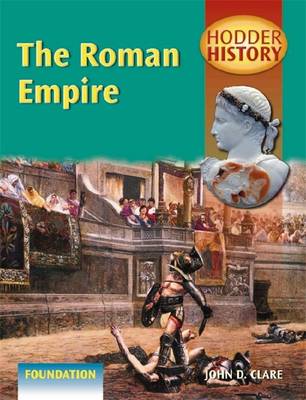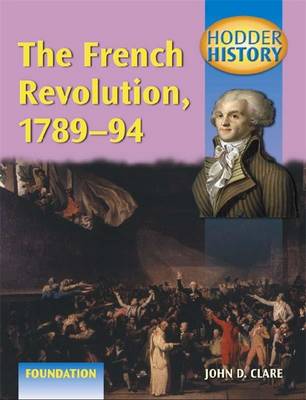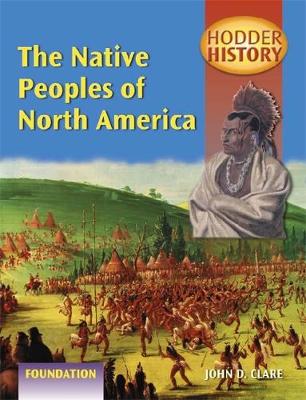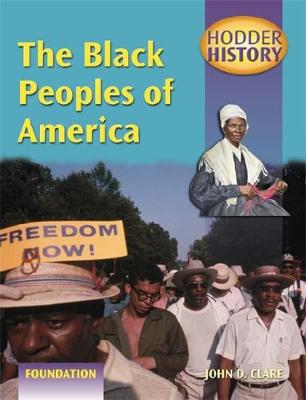Hodder History
7 total works
This is an exciting Key Stage 3 resource for teaching and learning about the issues and events that characterize the birth and development of industrial Britain. Including the country's relations with Europe and its growing Empire. The title never lets go of the period's story, providing opportunities to examine the big picture and investigate particular topics.
Did you know that Napoleon might have been poisoned by his wallpaper; that slaves who refused to eat had their teeth broken and food forced into their mouths; that during the Indian Mutiny the British executed prisoners by tying them to the front of their cannons; or that one reason why the Titanic sank was because the sea was so calm?
